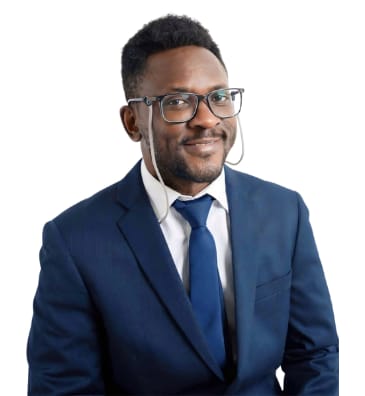How One Man’s Isolation Sparked a Global Mental Health Breakthrough
When Dr. Kennedy Oberhiri Obohwemu boarded a flight from Nigeria to the United Kingdom, he carried with him dreams of academic achievement, new beginnings, and personal growth.
What he didn’t expect was to spend his first year in a new country under the emotional weight of a global COVID-19 pandemic, three national lockdowns, and complete isolation from family, friends, and familiar culture.
According to Dr Obohwemu, “I was alone, broke, and emotionally drained,” he later recalled. “And yet, something within me had to keep going.”

“It was during this turbulent time—marked by solitude and uncertainty—that I began to lean heavily on what he now calls self-comforting behaviours.
“These were the small, internal practices that helped me hold on: positive self-talk, mindful reflection, reframing negative thoughts, and reminding myself that things would get better,” Obohwemu said.
From that deeply personal experience came a global scientific contribution.
This month, Dr. Obohwemu published his second pioneering psychological theory in a respected international journal. The Self-Comforting Attitude Theory (SCAT), along with the Self-Comforting Attitude Scale (SCAS), offers new insights into how we perceive our own coping behaviours—and how our attitudes can determine whether we give ourselves permission to emotionally heal.
The new study builds on his earlier work—the Self-Comforting and Coping Theory (SCCT) and its corresponding scale, SCCS—which gained international attention for introducing the world’s first psychometric tool focused solely on self-soothing behaviours.
What makes Dr. Obohwemu’s story so remarkable is that he didn’t just survive his darkest chapter—he transformed it into a roadmap for others.
Today, his Self-Comforting Framework, which includes four validated psychological tools, is helping clinicians, researchers, and everyday people better understand the way we regulate emotional pain.
He further said: “We often wait for others to comfort us, but what if we could learn to comfort ourselves in healthy, meaningful ways?” “That’s what this research is really about—reclaiming our inner strength.”
As conversations around mental wellbeing continue to evolve, Dr. Obohwemu’s work reminds us that resilience isn’t always loud or visible. Sometimes, it’s the quiet decision to be gentle with ourselves when life becomes too much.
From breakdown to breakthrough, his journey is not just a story of science—it’s a testament to the healing power of hope, insight, and the human spirit.
End

